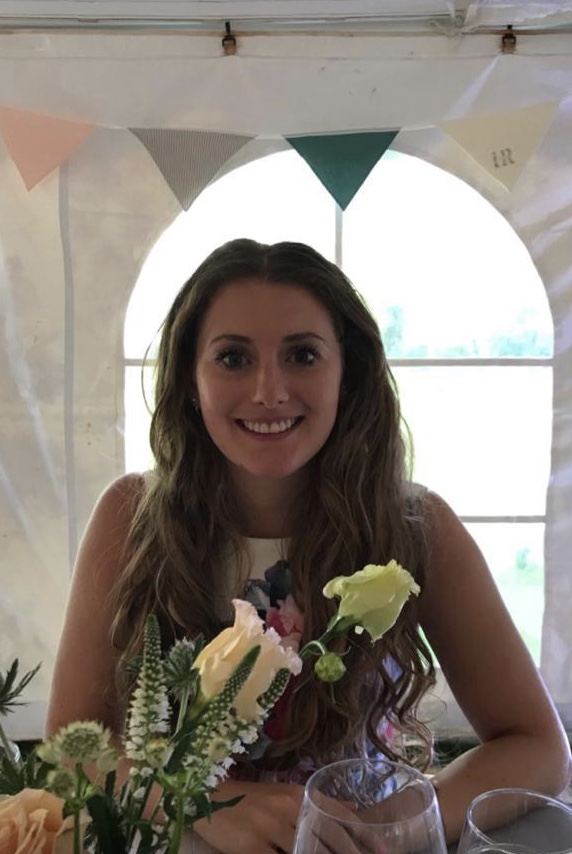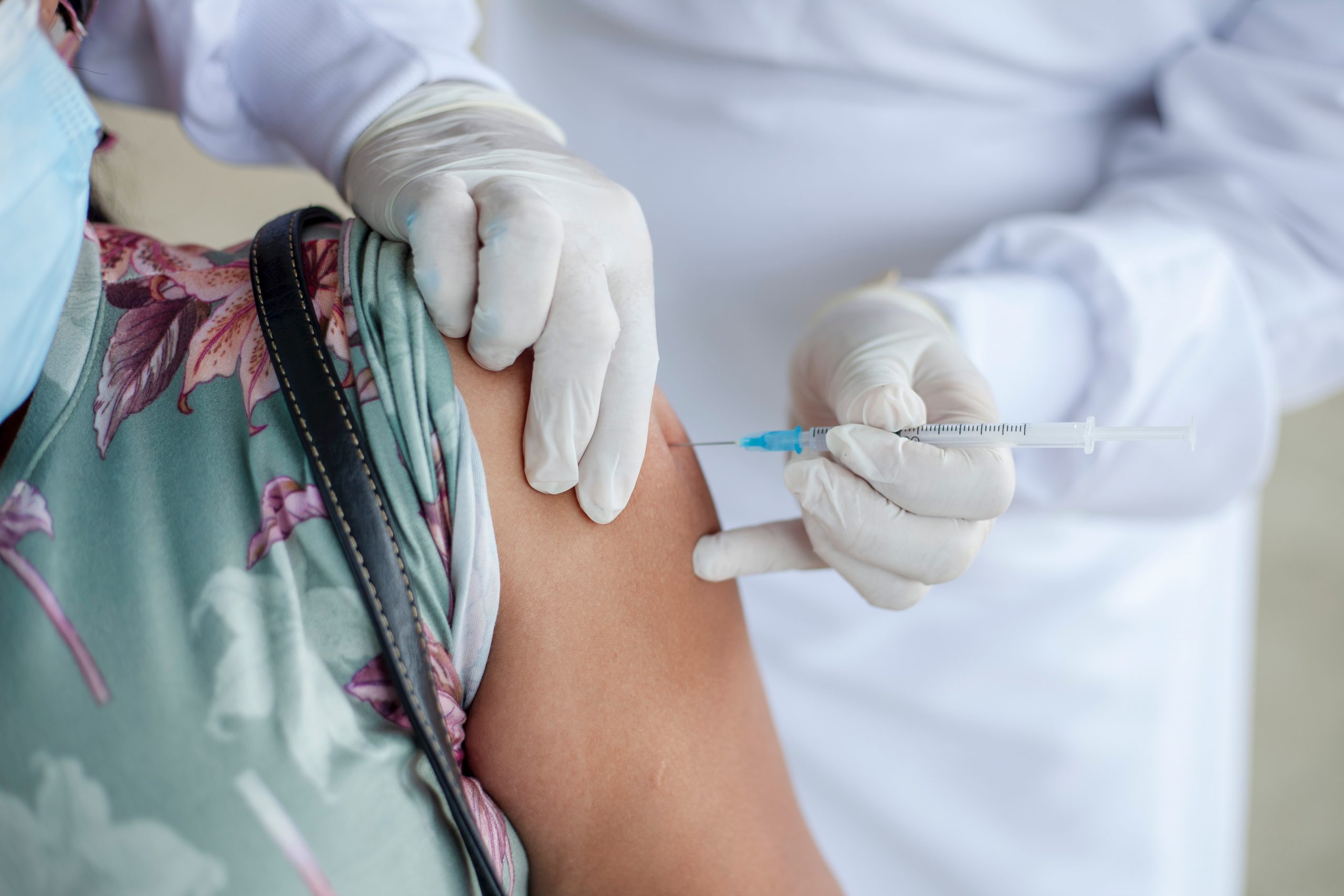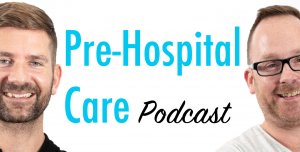Like many junior doctors, last year the final rotation of my Foundation Programme was altered, and I found myself working in Accident and Emergency (A&E). However, it was during this time, I saw a different side of a speciality I feel much more passionate about, Palliative Care.
Covid-19 brought many unwell patients into A&E and with no visitors allowed, these patients arrived into the busy, noisy environment of A&E alone. As a junior doctor I did my best to care for these patients and transfer them to the relevant departments promptly. However, for some patients, the most appropriate management, was to acknowledge that the patient was dying and make of End-of-Life Care (EoLC) the priority.
One particular patient that has remained in my thoughts was a very unwell lady who presented to A&E. The lady had a diagnosis of colon cancer with metastases, managed conservatively and over the last few months had deteriorated. I reviewed the lady, who appeared tired and frail and I was aware she was unwell. A senior colleague and I then reviewed the patient promptly and despite our best efforts, it became apparent the patient was deteriorating quickly. The lady’s family was contacted, being offered the opportunity to be with their relative as long as they wore Personal Protective Equipment (PPE) and EoLC was started.
Subsequently, A&E staff provided high quality EoLC care for the patient and their family. The lady was made comfortable in a hospital bed, non-essential equipment removed and anticipatory medications given. Additionally, unlimited amounts of refreshments were provided and a chaplain contacted. The lady’s family remained with her until the time of her death only a few hours after entering A&E.
Prior to working in A&E, I had not appreciated how much Palliative Care took place and over the next few months, this scenario unfolded many more times. The Covid-19 pandemic has greatly affected all of our lives and unfortunately is still ongoing. Regardless of this, experienced healthcare staff continue to provide excellent care, including EoLC, making the most undesired situations a little more bearable, even behind a facemask and gown.
About the author

Anna Chisholm, currently a FY3 doctor working in the Leeds area with an interest in Palliative Care. Away from medicine, she enjoys playing netball and running.





